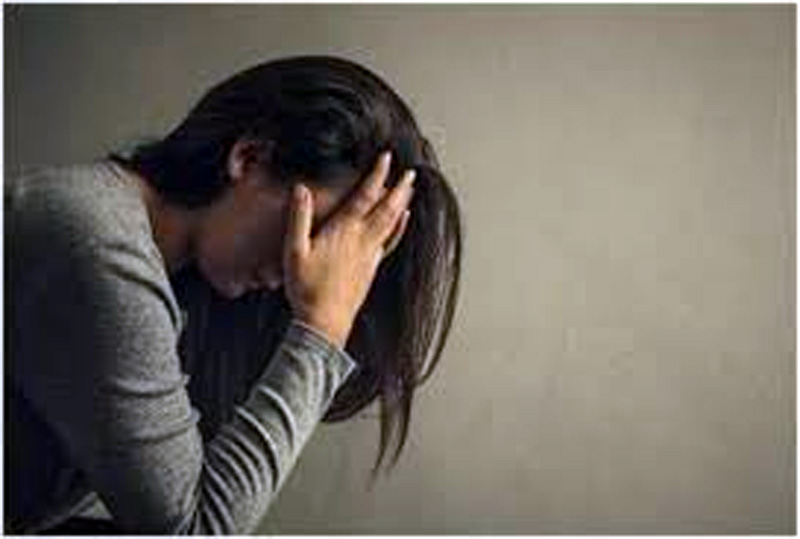NEW DELHI, June 24:
Scientists have described a new category of depression, labelled the cognitive biotype, characterised by patients’ inability to plan ahead, display self-control, sustain focus despite distractions and suppress inappropriate behaviour.
Accounting for 27 per cent of depressed patients and not effectively treated by commonly prescribed antidepressants targeting serotonin (SSRIs), imaging showed decreased activity in two brain regions responsible for the aforementioned cognitive tasks.
The researchers at Stanford Medicine, US, said that targeting these cognitive dysfunctions with less commonly used antidepressants or other treatments may alleviate symptoms and help restore social and occupational abilities.
“One of the big challenges is to find a new way to address what is currently a trial-and-error process so that more people can get better sooner,” Leanne Williams, the study’s senior author and professor of psychiatry and behavioral sciences, said. “Bringing in these objective cognitive measures like imaging will make sure we’re not using the same treatment on every patient.” In the study published in the journal JAMA Network Open, 1,008 adults with previously unmedicated major depressive disorder were given one of the widely prescribed antidepressants. 712 of them completed the eight-week regimen.
Before and after treatment, the participants’ depressive symptoms were measured using two surveys – a clinician-administered one and a self-assessment one, tracking their sleep and eating, in addition to their social and occupational functioning and their quality of life.
They also completed cognitive tests, pre- and post-treatment, which measured their verbal and working memory, decision speed and sustained attention, among other tasks.
Further, before treatment, 96 individuals were scanned using fMRI (functional MRI) as they engaged in the “GoNoGo” task, requiring them to press a button quickly when they see “Go” in green and not press it when they see “NoGo” in red.
The imaging tracked neuronal activity by measuring changes in blood oxygen levels, which showed activity levels in different brain regions corresponding to Go or NoGo responses. The researchers then compared the imaging results with those of individuals without depression.
They found that 27 per cent of the participants had more prominent symptoms of cognitive slowing and insomnia, impaired cognitive function on behavioural tests, as well as reduced activity in certain frontal brain regions – a profile they labelled the cognitive biotype.
The researchers said using imaging in depression treatment studies was rather novel as psychiatrists have few measurement tools for making treatment decisions, mainly relying on observations and self-report measures. Those with the cognitive biotype had significantly reduced activity in the dorsolateral prefrontal cortex and dorsal anterior cingulate regions while performing the GoNoGo task compared with that in those not having the cognitive biotype, pre-treatment fMRI showed.
The two regions together form the cognitive control circuit, responsible for limiting unwanted or irrelevant thoughts and responses and improving goal selection, among other tasks. Post-treatment, overall remission rates, or absence of overall depression symptoms, were found to be 38.8 per cent for participants with the newly discovered biotype and 47.7 per cent for those without it. The difference was the widest for sertraline, for which the remission rates were 35.9 per cent and 50 per cent for those with the biotype and those without, respectively.
“Depression presents in different ways in different people, but finding commonalities, like similar profiles of brain function, helps medical professionals effectively treat participants by individualising care,” Williams said. (PTI)
Trending Now
E-Paper


